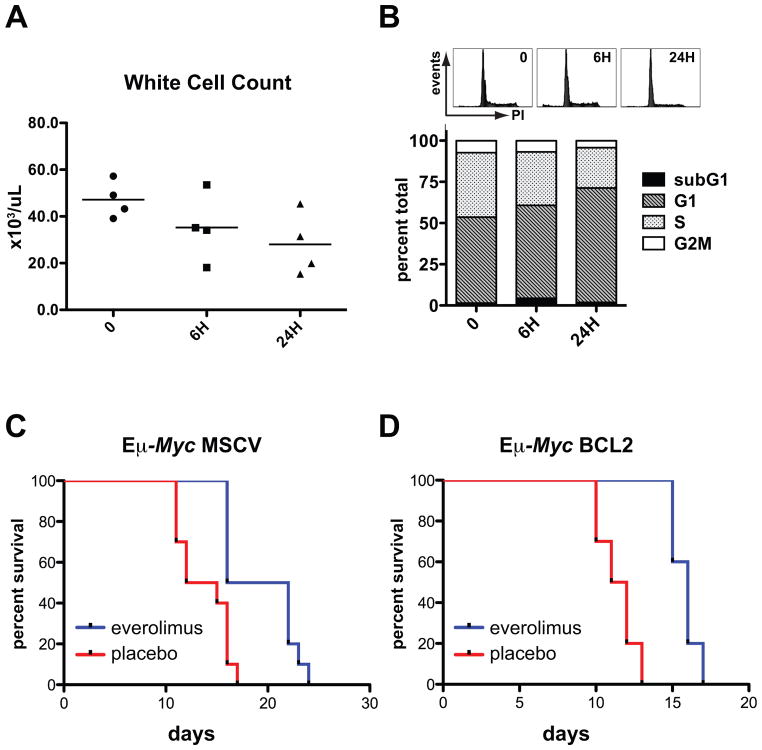Figure 5. Everolimus does not act by apoptosis.
(A and B) Syngeneic mice were injected with Eμ-Myc lymphoma cells (tumor#299), treated with a single dose of everolimus after the development of overt malignancy and analyzed 0, 6 and 24 hours (H) after treatment (n=4 mice per group). (A) White cell counts (B) Representative DNA histograms (top panel) and the average percentage of cells in each phase of the cell cycle (bottom panel) in fixed propidium-iodide (PI) stained tumors. (C and D) Matched isogenic Eμ-Myc lymphoma cells (tumor#107 or #4242) transduced with MSCV or MSCV Bcl2 were injected into syngeneic recipient mice. Dosing with placebo or everolimus was started 72 hours after injection. (C) Survival curves for everolimus- and placebo-treated mice bearing tumors expressing MSCV (n=10 mice per group). Median survival was 13.5 days for placebo and 19 days for everolimus (p=0.001). (D) Survival curves for everolimus- and placebo-treated tumors expressing Bcl2 (n=10 mice per group). Median survival was 11.5 days for placebo and 16 days for everolimus (p<0.001). Median survival in everolimus-treated mice was increased 1.41-fold in tumors expressing MSCV and 1.39-fold in tumors expressing Bcl2.

